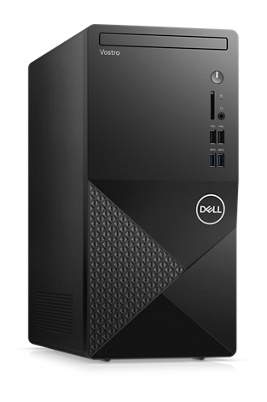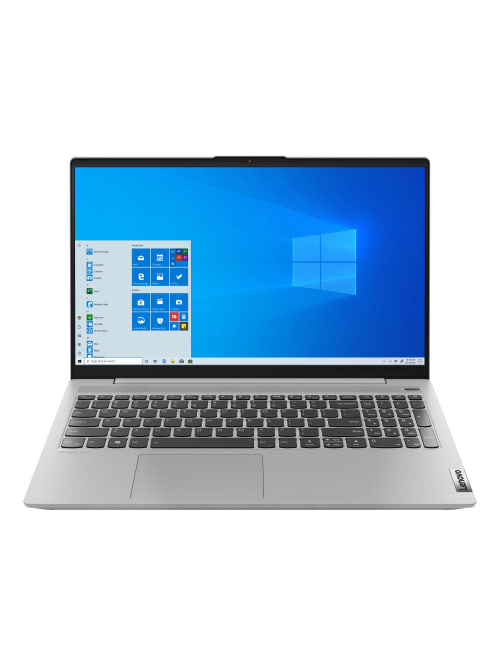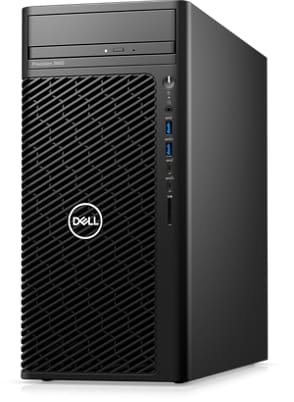Dell Vostro 3888 Compact Desktop Computer | Dell USA
The new Vostro 3888 desktop is engineered with up to 10th Gen Intel processors, 32GB memory and smaller frame than ever to keep you ahead of the competition.
Performance perfected
Grow your business: The Vostro 3888 grows with your business. It features plenty of expansion options including up to 1TB of HDD or 512GB PCIe M.2 SSD for easy access to all the files, photos and videos you need.
Compact connection
Fast connections: Your desktop accommodates legacy monitors with the VGA connectivity port. Or use the HDMI port for new monitor models.*
Ready to work: Eight total USB ports located at the front and back of the system provides the connectivity you need to move through the workday.
A workplace you can trust
Secured access: Microsoft BitLocker provides multifactor authentication before the normal start up process, so you can rest assured your PC won’t start or resume from sleep mode until the correct PIN is presented.
Ports and Slots
*3.5mm Combo Audio Jack functionality varies by model configuration. For best results, use Dell recommended audio accessories.
Additional information
| Height | 12.77" (324.3 mm) |
|---|---|
| Width | 6.06" (154.0 mm) |
| Depth | 11.54" (293 mm) |
| Starting Weight | 10.87 lb (4.93 kg) |




Reviews
There are no reviews yet.